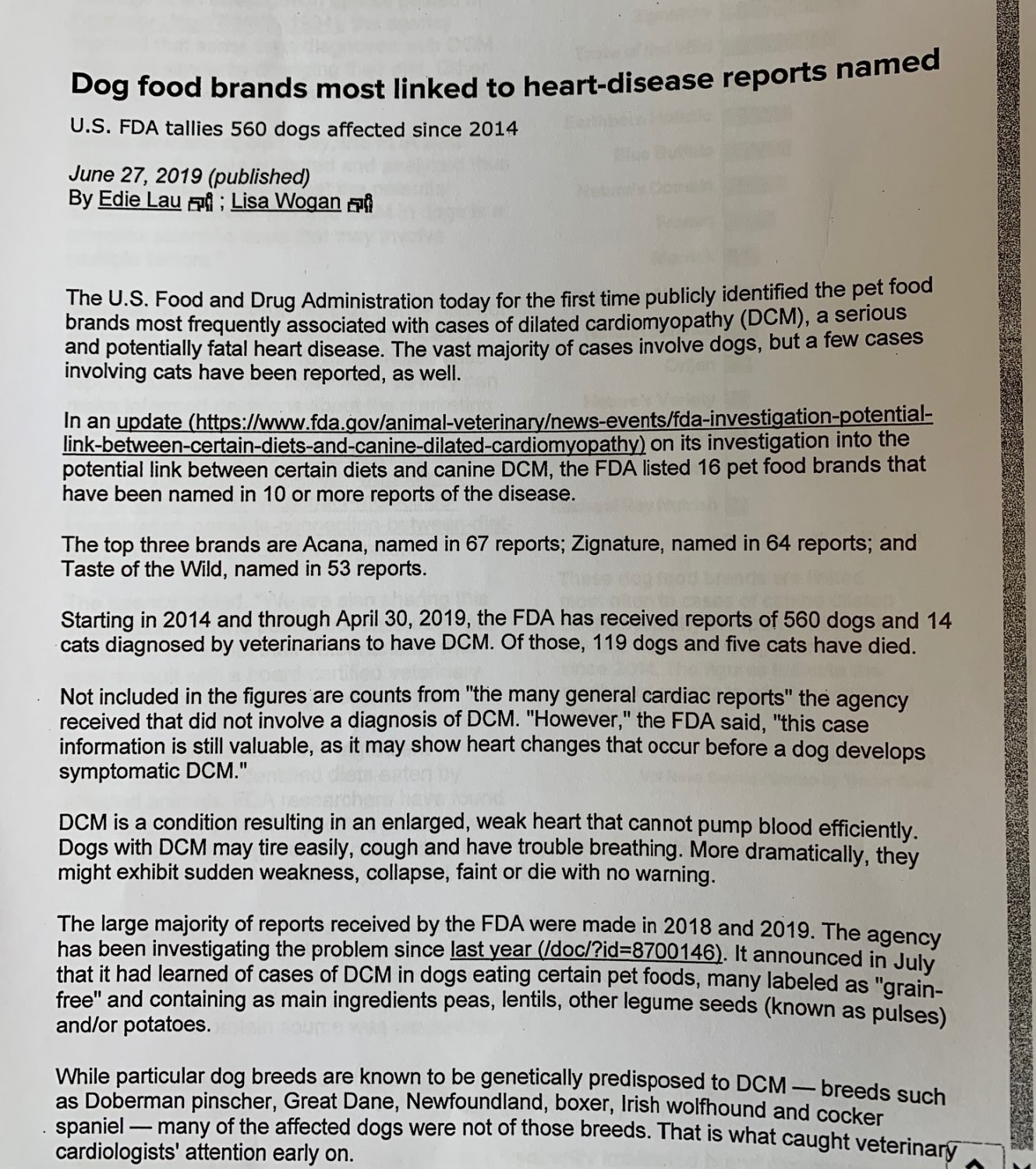|
|
Cummings Veterinary Hospital
(610)923-0393
www.cummingsvet.com
Good nutrition, quality food, and maintaining a proper weight are important to keeping your pet healthy. We advise providing good quality pet food and fresh water. Feed pets a diet that is specific to them. For example, while dogs can eat cat food, cats require taurine, an amino acid that is vital to feline heart health and other bodily functions, and is not found in dog food. Veterinary or Therapeutic Nutrition Some pets have health issues that benefit from therapeutic nutrition. Issues addressed by veterinary food formulas include allergies, skin issues, diabetes, kidney If your pet experiences skin or dermatology problems related to food allergies, it is likely we’ll have very specific guidelines on diet. If we determine that your pet has a specific food allergy, we will work to eliminate that food throughout the diet. Did You Know 53—55% of America’s Pets Are Overweight? Just as with humans, excess weight takes a toll on our pet’s health. Weight-related diseases for pets include arthritis, diabetes, high blood pressure, and kidney disease. Consider that a 90-pound female Labrador retriever is equal to a 186-pound 5’ 4" female or a fluffy feline that weighs 15 pounds is equivalent to a 254-pound 5’ 9" male. The Association for Pet Obesity Prevention has developed weight equivalent charts to determine how much your pet weighs compared to an average adult human male or female. Tips for Maintaining Your Pet’s Weight
|

 disease, cardiac, and other disorders.
disease, cardiac, and other disorders.

